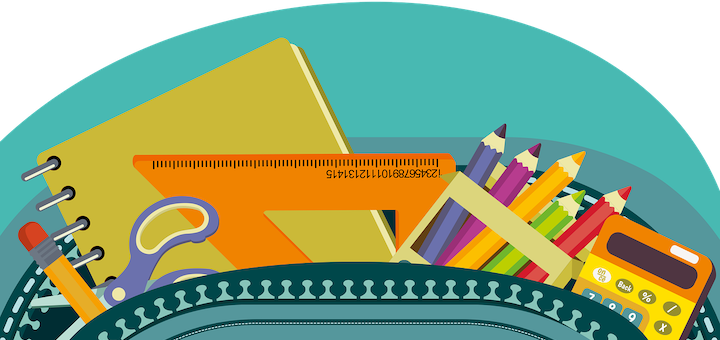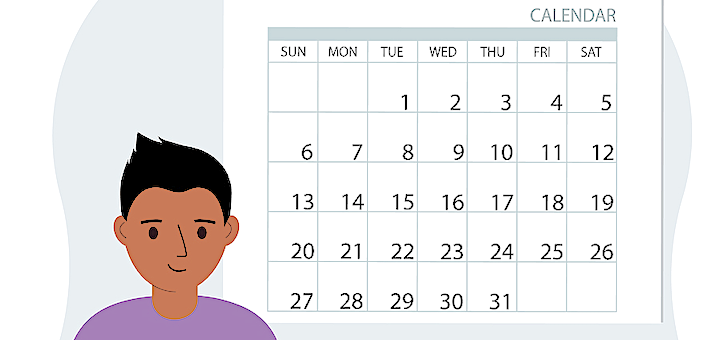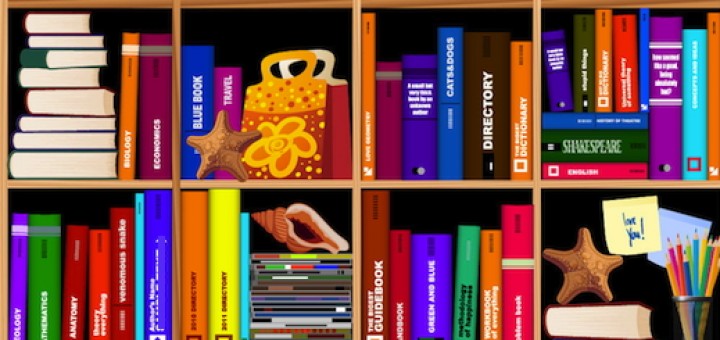Tagged: executive function
With so many daily classes, the working memories of adolescents get overloaded. Their evolving brains have not yet developed fluent coping strategies. To teach students to handle all the inflow, two experts share UDL strategies that build executive function and self-regulation.
Be ready for the school year with 4-week learning calendars that identify critical routines for school success and guide instruction that enhances working memory. Shannon Costley and Susanne Croasdaile share tips to ensure this brain-based strategy meets your students’ needs.
If students develop executive function skills – focus, planning and organizing, self-monitoring – classrooms will run more smoothly, there will be fewer interruptions and repetitions, and teachers will have successfully bridged the SEL/academics gap, writes Marilee Sprenger.
When students don’t pay attention, they’re often misperceived as distracted, lacking interest, or not trying hard enough. Sometimes this couldn’t be further from the truth, writes coach Elizabeth Stein. Instead, they may need support to sharpen executive function skills.
Executive function is the missing link to student achievement, author Nancy Sulla says. If students don’t develop the brain-based skills to focus, catch and correct errors, and identify cause-and-effect relationships, they can’t make sense of even the best lessons.
In Teaching Kids to Thrive, says special education teacher-coach Laura Von Staden, Debbie Silver and Dedra Stafford provide a great book, full of research and resources, that craftily ties together the theories and research on vital, overlapping SEL skills.
In Causes & Cures in the Classroom, author Margaret Searle provides detailed exemplars for getting to the root of students’ academic and behavioral problems. To reduce feelings of inadequacy, read the last chapter first, says reviewer Sarah Grieb.















